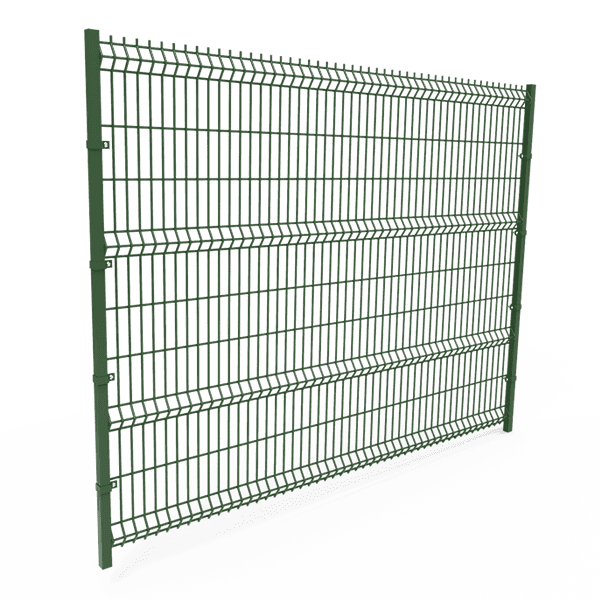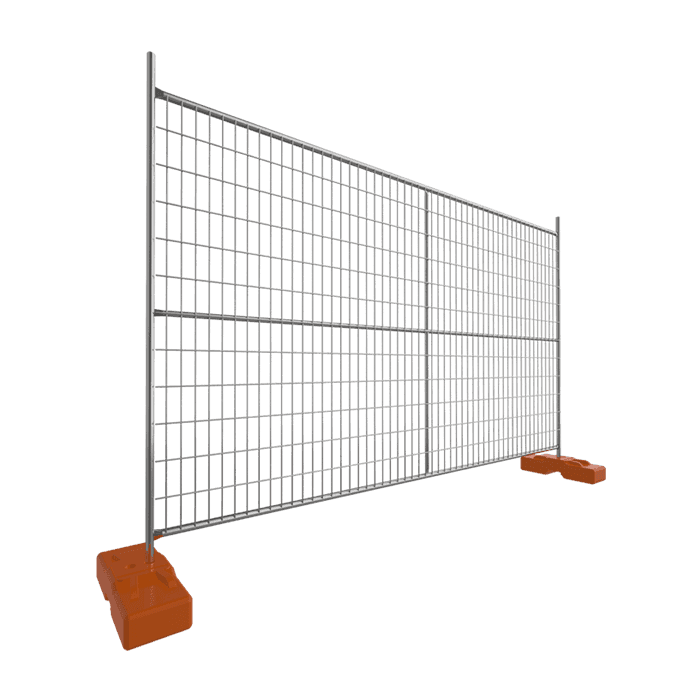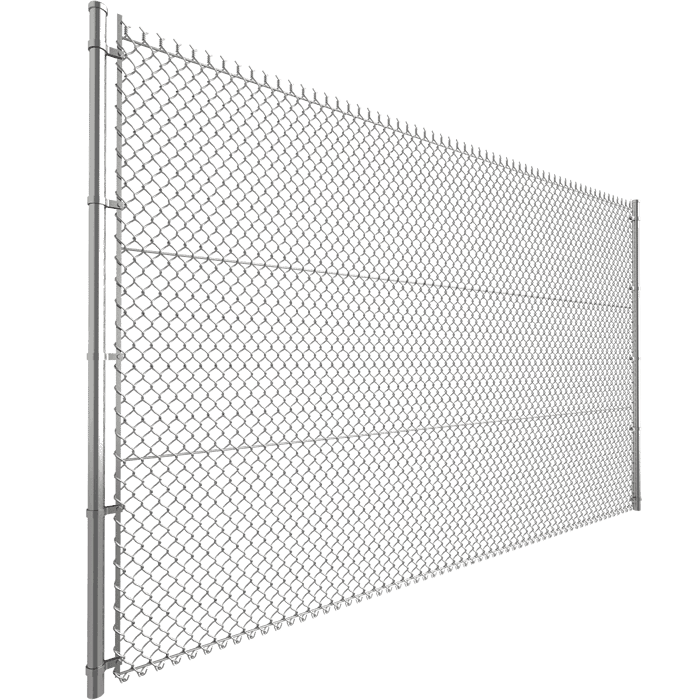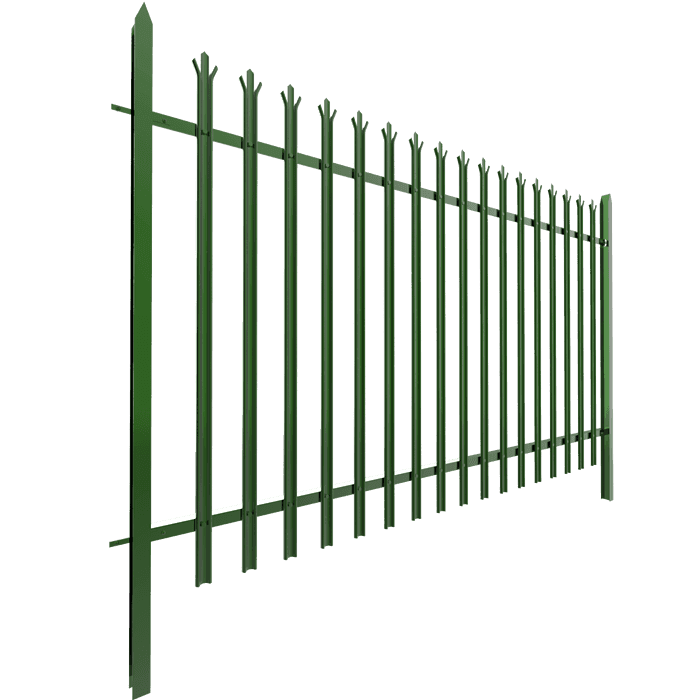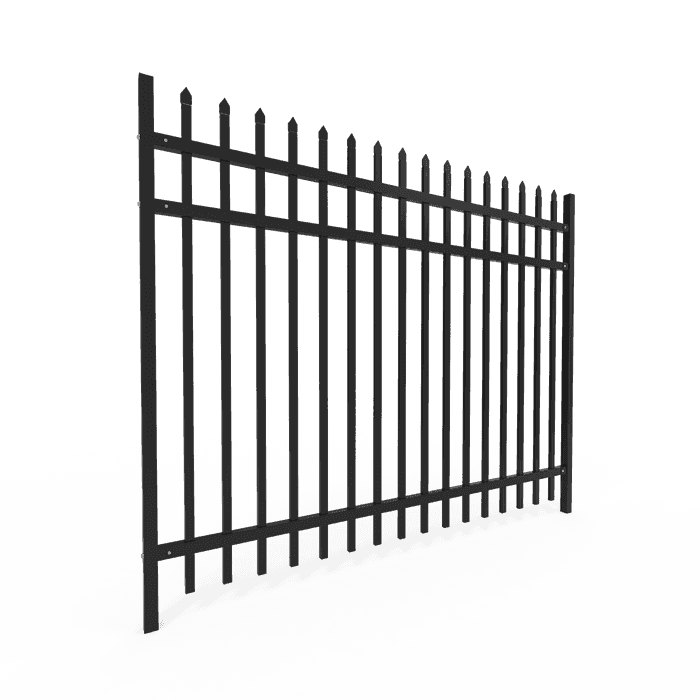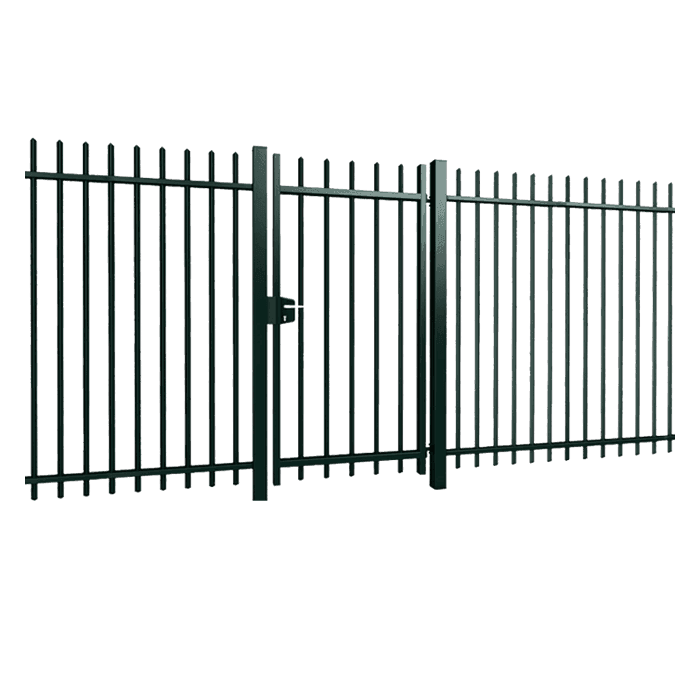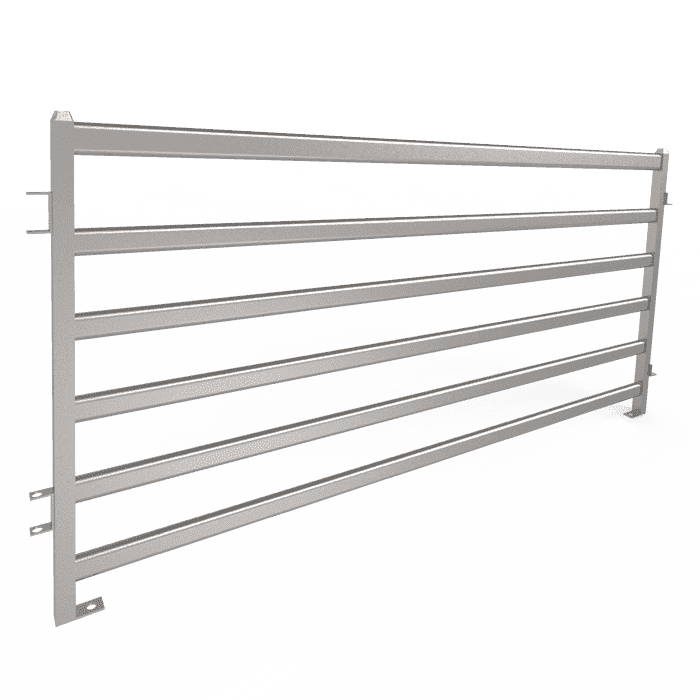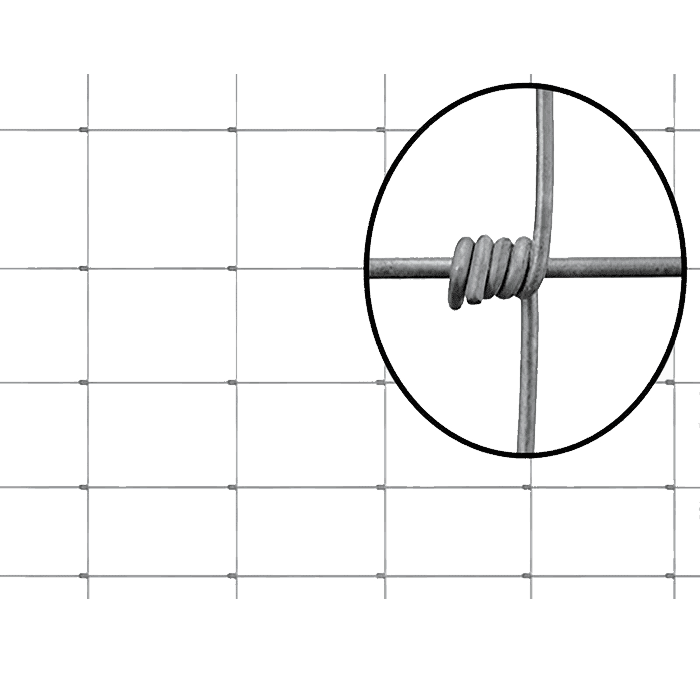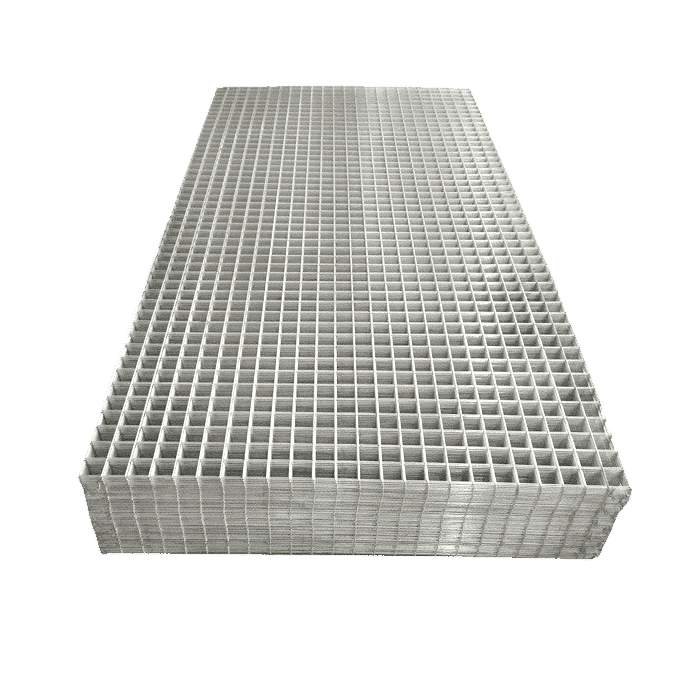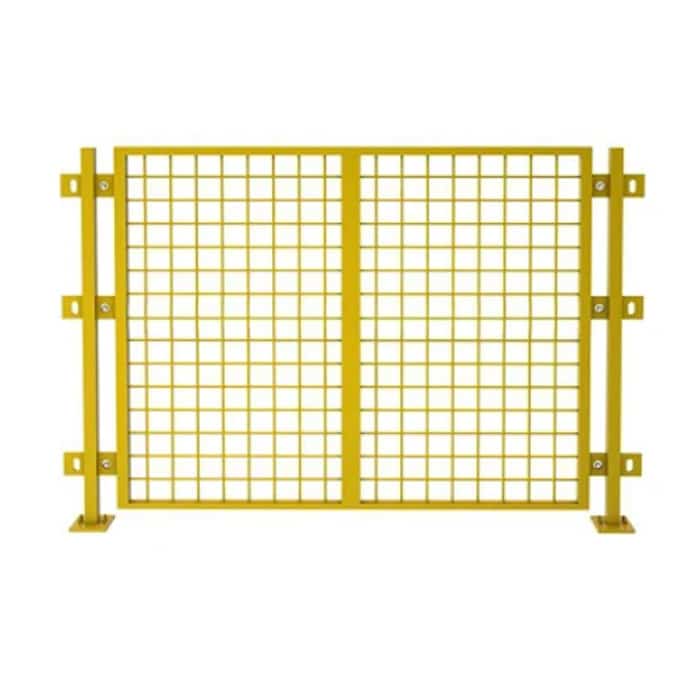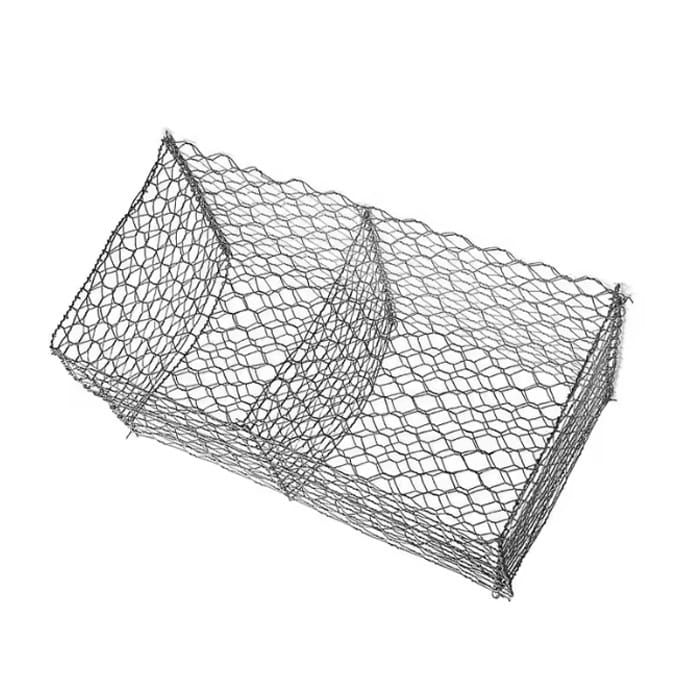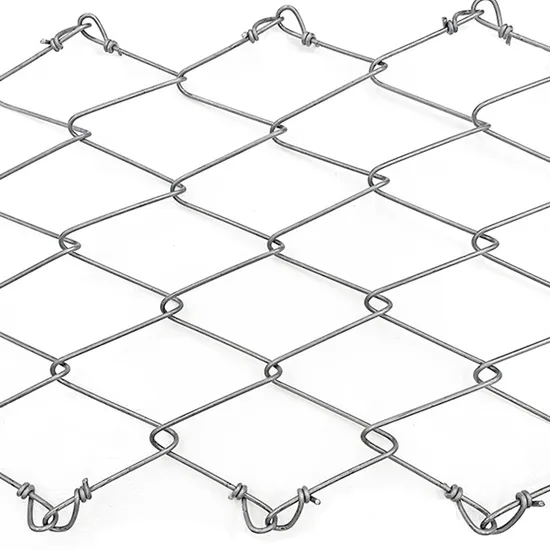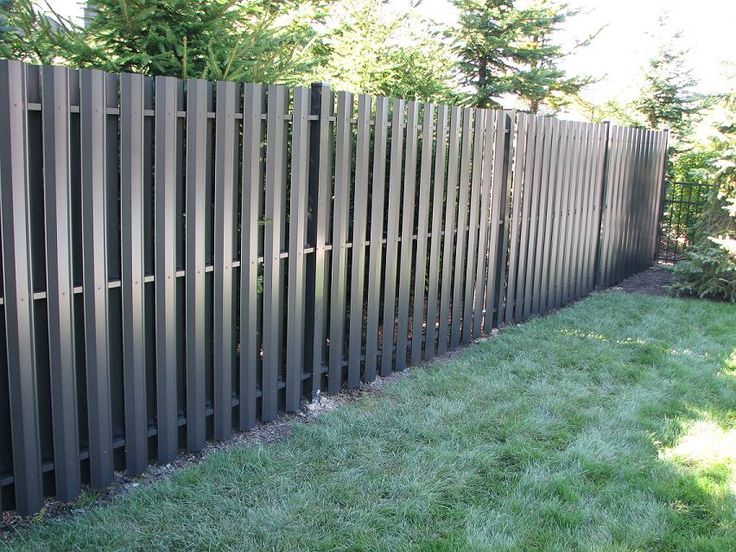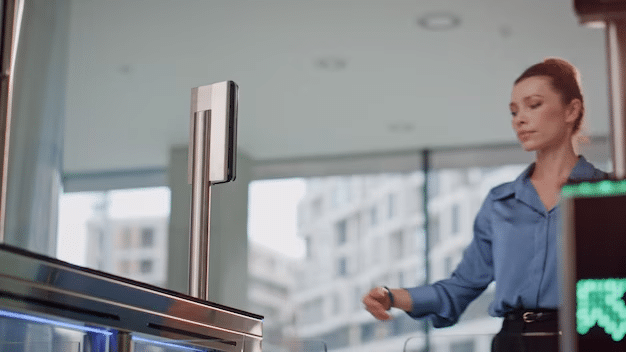Table of Contents
Many homeowners install fences in their backyards to improve their home’s security, privacy, and curbside appeal.
A fence can create an attractive and durable barrier in your backyard to prevent prying eyes from looking at the activities taking place on your property. Meanwhile, you can enjoy the privacy and beauty offered by the fence.
Building a fence is one of the most affordable home improvements a homeowner could make to increase their home’s value. If you are thinking about building a fence in the backyard of your home, one of the first questions you will have is, “How much does it cost to fence a yard?”
That is a legitimate question that has many variables behind it. The truth is that there is no quick and easy answer to the question. The cost of building a fence for your home will vary based on the following factors:
- Total Length of All Sides
- Height
- Design
- Materials
- Professional Labor Costs
When you search the question “How much does it cost to fence a yard” on a search engine like Google or Bing, you will see generalized price ranges that don’t factor in the specific attributes mentioned above.
The cost of the fencing materials and the total length of all sides of the fence will be the most critical information for calculating the cost of building your fence. Plus, if you hire a professional contractor to build and install the fence, their hourly labor charges will factor heavily into the fence’s cost.
Depending on the ground conditions, your contractor may need extra time stabilizing rocky or uneven soil to make it suitable for a fence installation. In that case, the labor charges will be even higher.
You may be better off building the fence by yourself or purchasing fencing materials from a fence-building company offering free installation.
Different Fence Materials Have Different Prices
Choosing your fence material is a critical decision for your fence-building project. Not only does the material significantly factor into the project’s cost, but it also determines the durability and longevity of your fence.
Certain fence materials last longer or require more maintenance than others. That is why you must consider the potential long-term maintenance and repair costs when choosing a material for your fence.
Let’s examine the pros and cons of each fence material and the various costs of building fences with those materials.
Wood Fence ( $30 - $90 )
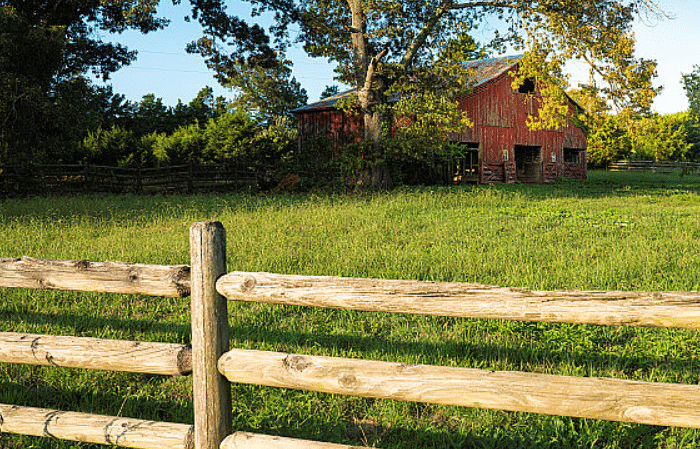
Pros
Most homeowners choose wood fence material because it is natural and blends well in the backyard. The two most popular wood materials for fence building are cedarwood and redwood. Both are strong wood materials resistant to common outdoor threats, such as rain, wind, snow, UV rays, and airborne debris.
In addition, wood fences come in various designs and styles if you wish to customize their appearance to your personal aesthetical preferences. If you don’t want to stick with the natural wood color, you can paint or stain your preferred color tone over the wood material to create a unique appearance.
Cons
Wood fencing deteriorates faster than most other types of fences. Because of this, your wood fence will require frequent maintenance work to prevent warping and rotting. Maintenance entails regularly cleaning and staining the wood to maintain its color and structural integrity.
Termites are less likely to eat cedarwood and redwood. But if you are using other types of wood to build your fence, you need to be ready for potential termite attacks.
Price Per Meter
The average price per meter for a wood fence is between $30 and $90. Of course, the type of wood material may slightly alter this price range. But for cedarwood and redwood, that is about the average price range you can expect per meter.
Metal Fence ( $75 - $120 )
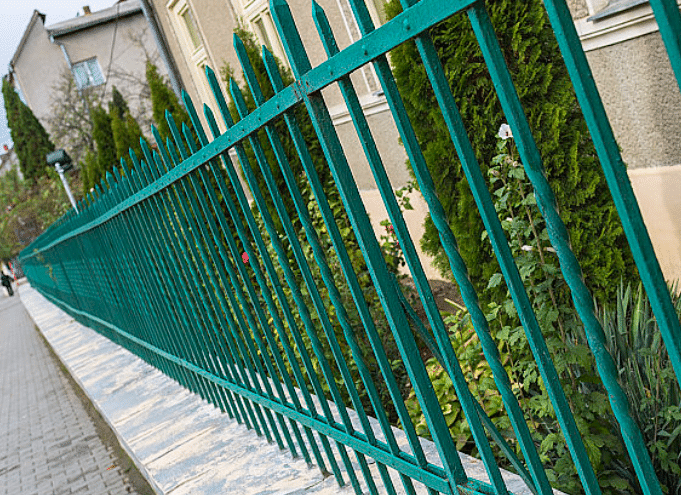
Pros
Metal fences offer many benefits, including solid durability, increased security, protection, and longevity. A metal fence is the best option if you are looking for a backyard fence that will last a long time and require minimal maintenance. It offers maximum protection against outdoor deterioration and intrusion from unwanted visitors.
There isn’t just one type of metal fence. Your metal options include solid steel, aluminum, wrought iron, chain link, and wires. The best choice depends on the aesthetics and security you wish to create for your yard.
Cons
Metal fences are susceptible to rust due to moisture and rain. To prevent rust, you must periodically apply a coat of sealant over the metal fence to protect it from rust for a short period. Then, when the sealant deteriorates, you must reapply it as needed.
Metal fences require a higher upfront investment than other fences. However, the investment will pay off in the long run because metal fences remain permanent structures on the ground for several decades.
Just make sure to keep your metal fence protected with sealant.
Price Per Meter
The average price per meter for a metal fence is between $75 and $120. Different types of metal will have varying prices, but they are usually more expensive than most non-metal fence materials.
PVC Fence ( $40 - $80 )
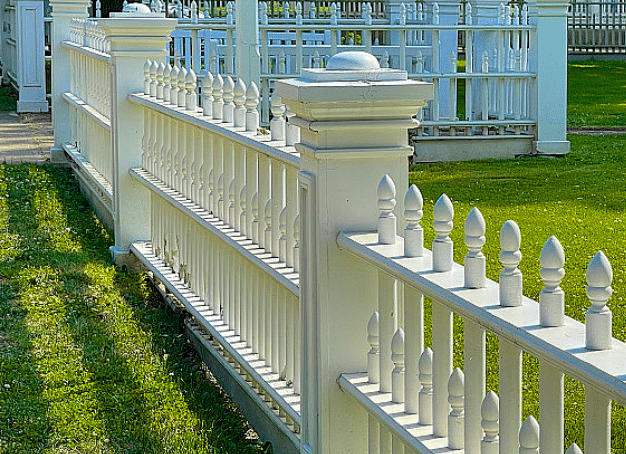
Pros
A PVC (polyvinyl chloride) fence offers homeowners a combination of affordability and durability.
PVC fencing is durable enough to resistant warping and rotting for many decades of being outside. Common outdoor threats like insects and humidity will not be a problem. The installation process will be fast and seamless, too.
PVC fences come in many color and style options. Plus, each PVC fence panel comes prefabricated, making it easy to build and install your PVC fence. The materials are even lightweight and easy to carry around.
After the installation, you won’t need to do hardly any maintenance work other than the occasional cleaning with a hose or pressure washer.
Cons
PVC fencing may be durable in some regards, but it is not too resistant to extreme hot or cold temperatures. Too much time under extreme temperatures could cause the PVC material to break or crack over time.
PVC fences don’t provide as much security as metal or wood fences. They are better for aesthetic purposes and those who don’t wish to do much maintenance work.
Price Per Meter
The average price per meter for a PVC fence is between $40 and $80. PVC fencing is a popular option based on its affordability alone. You won’t even need to spend much time or money on maintenance, which also adds to the long-term cost savings.
Plastic Fence ( $45 - $90 )
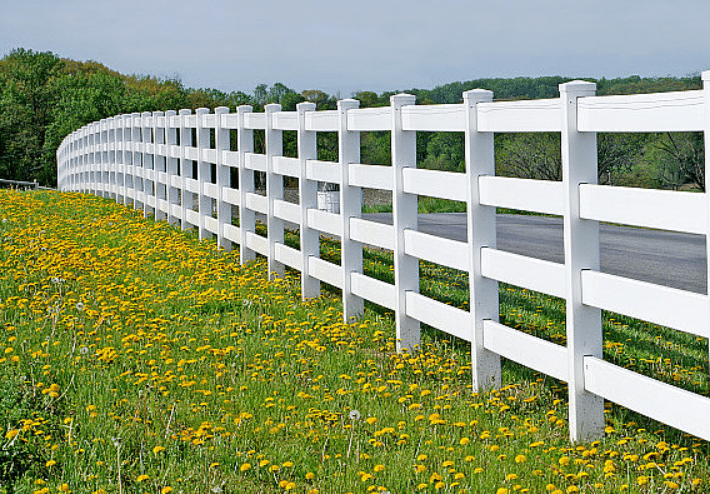
Pros
Plastic fences are affordable, eco-friendly alternatives to wood and metal fences. They can resist moisture, rot, and insects, the most common outdoor threats facing fences.
They can even withstand typical weather conditions like rain and wind. If your plastic fences get dirty, you can easily wash off the dirt and filth with a hose. Since plastic fencing has no pores, washing away dirt and debris from the surface is easy.
Cons
There are not too many ways to customize plastic fencing to create the ideal aesthetic appearance for your backyard. It doesn’t look natural, especially when the outer color begins to fade from constant UV exposure.
Price Per Meter
The average price per meter for a plastic fence is between $45 and $90. It should be a budget-friendly price range for most homeowners who care more about privacy and durability and less about aesthetics.
Bamboo Fence ( $30 - $75 )
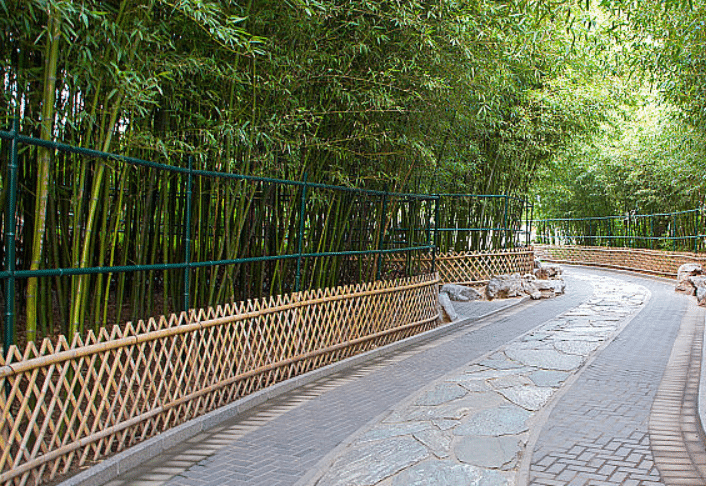
Pros
Bamboo is an enormous woody grass material offering many benefits, including durability, beauty, affordability, and eco-friendliness. It is a lightweight material that makes it fast and easy to build a backyard fence. Bamboo gives fences a unique and interesting-looking texture that blends with any natural outdoor setting.
Cons
Bamboo fences can last 5 to 15 years. Certain climate conditions, such as regular sun exposure, can reduce the lifespan of bamboo fences unless they undergo frequent maintenance. The maintenance duties include cleaning and staining the bamboo material every two years to prevent deterioration and decay.
Bamboo is a highly flammable material. So, avoid bamboo fencing if you live in an area with regular wildfires or other fire hazards.
Price Per Meter
The average price per meter for a bamboo fence is between $30 and $75. Bamboo fence poles come in varying heights. Higher bamboo poles will cost more per meter than shorter bamboo poles. Keep that in mind.
Glass Fence ( $45 - $90 )
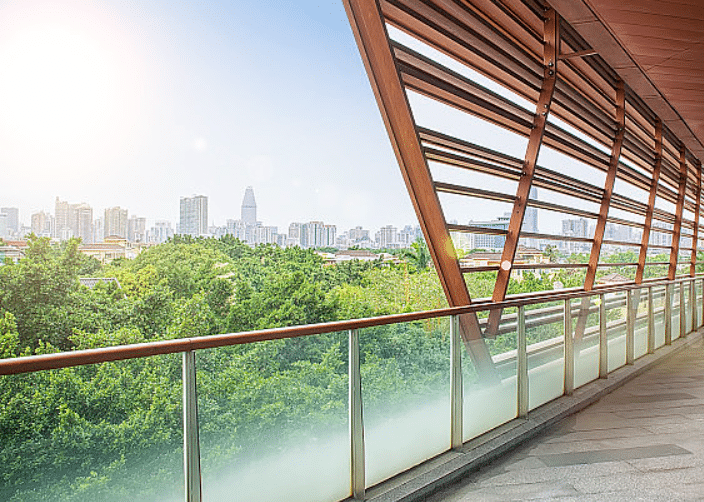
Pros
Glass fences offer a unique aesthetic to your backyard because they are almost entirely transparent due to their clear glass panels. Homeowners love glass fences because they don’t obstruct their views of the surrounding scenery. You can choose between frameless and framed glass fencing, but frameless is more expensive.
Don’t worry about the durability of your glass fence because it contains thick, tempered glass panels for maximum security and impact resistance.
Cons
Glass fences offer no privacy if you have neighbors around you. Installing glass fences in areas without neighbors or prying eyes is better. However, glass fences are susceptible to dirt and debris, affecting the glass material’s transparency.
To restore transparency, you must wash the dirt off both sides of your glass fences. Be careful of scratches from aggressive cleaning solutions and abrasive clothes. Use warm water with distilled white vinegar and a non-abrasive cloth to prevent scratching the glass while cleaning it.
Price Per Meter
The average price per meter for a glass fence is between $45 to $90. Please note that some glass panels may have double or triple-pane glass for added strength and durability. These cost more than traditional single-pane temperature glass panels.
Composite Fence ( $60 - $135 )
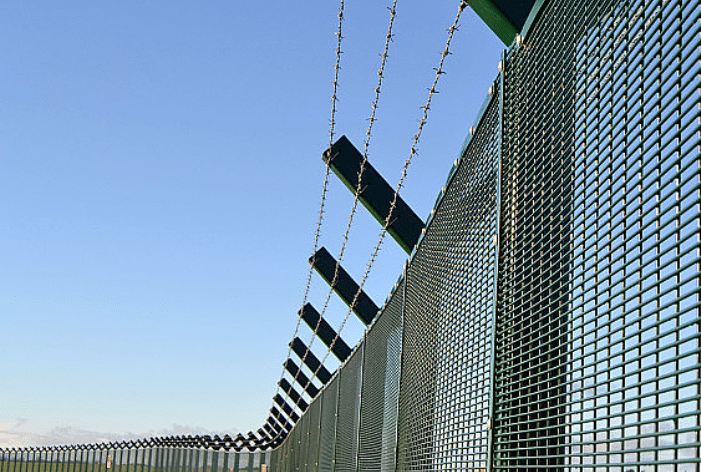
Pros
Composite fencing is one of the most environmentally friendly fences you could purchase for your backyard. The composite material comprises recycled wood fibers and plastics to create synthetic panels for your fence installation. You can easily customize the aesthetics of the synthetic panels with colors and styles matching your unique preferences.
The synthetic factor makes composite fencing resistant to rot and weather conditions like rain and high winds. Composite fences have more longevity than most other fence types. Your composite fence could last over 20 years with minimal maintenance needed.
Cons
The upfront cost of composite fences is more expensive than most other fence types. However, the longevity and low maintenance requirements will make the investment pay off in the long run because you won’t need to repair or replace the panels too often.
Price Per Meter
A composite fence’s average price per meter is between $60 to $135. The price may vary depending on the recycled materials used to produce the composite. Due to the complex procedures involved in manufacturing composite fence panels, they tend to cost more.
Measure the length of the fence you need
You must measure the length of the fence you need before purchasing your fencing materials.
Go out into the backyard or the place on your property where you wish to install the fence. Conducting accurate measurements is critical for creating an estimated budget for the fence materials and labor required.
Place a stake or marker on the ground at each corner of the proposed fence. Use a measuring wheel or tape measure to measure the length between each corner in meters. If the fence touches the house, measure the distance between the house and the nearest corner.
Add up the total length of all the sides in meters. The total linear meters of the fence will help you determine how many fencing panels or materials you will need to install the complete fence.
How much does it cost to fence a yard?
The total length of the proposed fence multiplied by the unit price of the fence material will indicate how much you need to budget for your fence installation project.
The unit price is per meter, so multiply that amount by the total number of meters on all sides of the fence. That is the estimated total price of all the fencing materials needed to construct the fence in your yard.
Additional fence costs may include purchasing tools or professional installation services. On the other hand, some fence-building companies offer free installation services when purchasing their fencing materials.
Related Post might be HELPFUL to you: Keeping Your Warehouse Secure: Top 15 Warehouse Fence Brands in 2024

